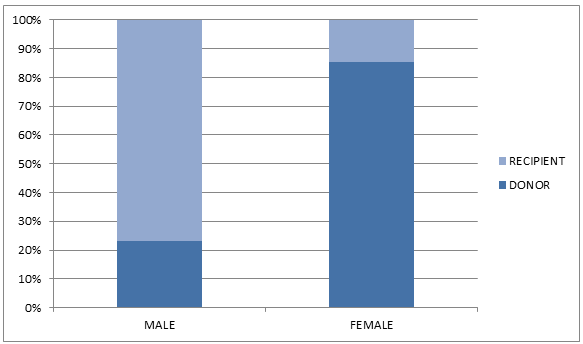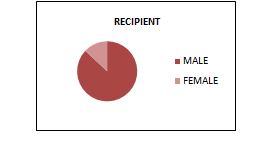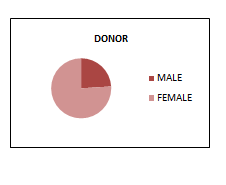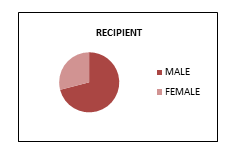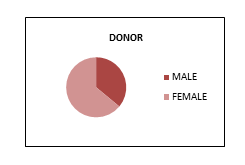Dr. PUKAR CHANDRA SHRESTHA AT SATS CONGRESS: GENDER BIASNESS IN RENAL TRANSPLANT, NEPAL
Aug. 15, 2013
Kathmandu, July 29- Dr. Pukar Chandra Shrestha, the executive director of Human Organ Transplant Center, who has successfully operated 112 cases of renal transplant, has come up to a sad fact of gender discrimination in Nepal; Data being the strong proof of the claim.
SATS congress program is a biannual congress which is taking place in Durban, South Africa from 29 July 2013 to 2nd August 2013. Dr. Pukar Chandra Shrestha’s major issue of concern is “Gender Biasness in Renal Transplant in Nepal”
The facts and figures obtained during the last 4 years are as follows:
Total number of cases: 112
Total number of male recipient: 97
Total number of female recipient: 15
% male recipient: 87
% female recipient: 13
Total number of female donor: 86
% male donor: 24
% female donor: 76
Similarly, statistics obtained by Human Organ Transplant center are as follows:
Total number of cases: 14
Total number of male recipient: 10
Total number of female recipient: 4
% male recipient: 71
% female recipient: 29
Total number of female donor: 9
% male donor: 36
% female donor: 64
Nepal, being the male dominated society and women’s health often being neglected are the major reasons for such a tragic outcome.
To elaborate, husbands are usually the sole breadwinners for the family and are often discouraged from becoming a donor. Moreover, it is believed in Nepalese society, that it’s better to get married to a new and healthy woman instead of expending such a huge sum of money i.e. around NRs. 500,000 to a daughter in law, if, unfortunately she becomes the victim because they can marry another women for much a lower amount of money and on top of it they even get dowry. This is one major reason behind the scenario of gender disparity in Nepal.
Likewise, due to lack of awareness and concern regarding health issues in Nepalese women, they rarely visit for checkup. In some cases, a woman’s family might not be willing to pay for here treatment and the weak economic and financial status of women has played a vital role in discouraging and neglecting women’s health in Nepal.
The graphical representation of the above scenario can be demonstrated as follows:
